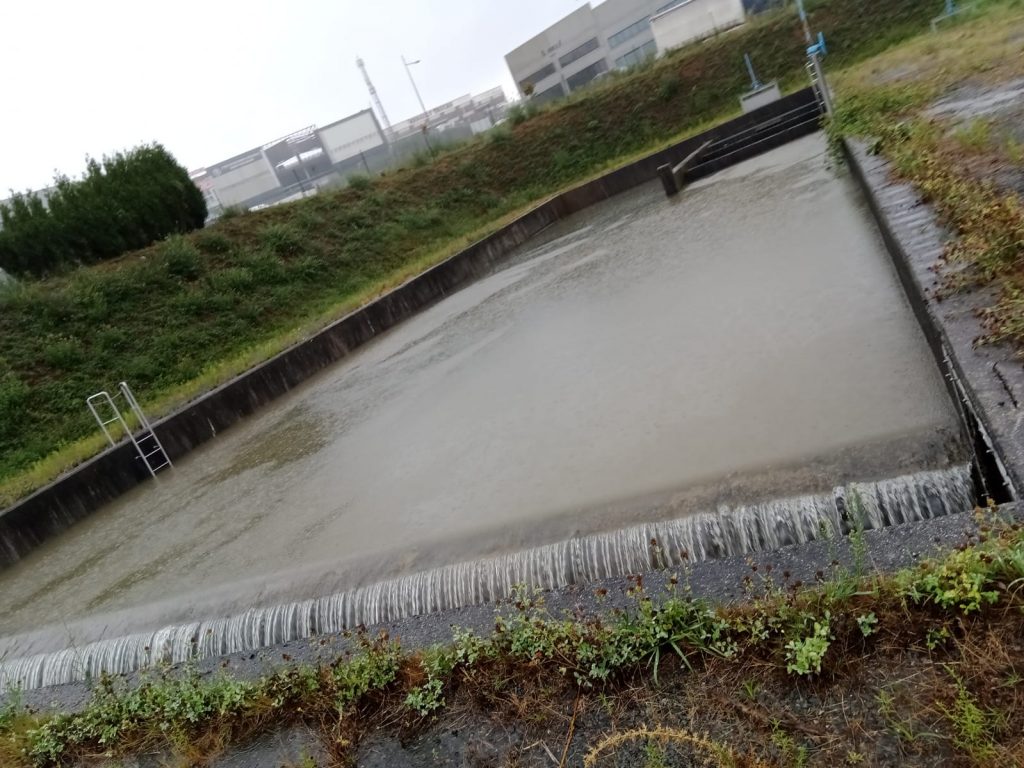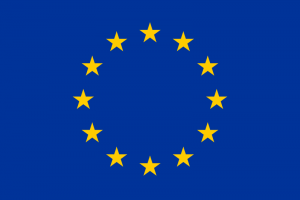Municipal
Environmental Management in Bolivia
Helvetas
Bolivia
Developing business models for the provision of sustainable environmental management services

Innovative methodology to prevent and mitigate diffuse pollution from urban water runoff
Visit project page
Client
European Union’s under Horizon Europe programme

Beneficiaries
Municipalities, water utilities and public authorities, Environmental consulting firms, green infrastructures suppliers, software developers, monitoring solutions providers and scientific community.
Key Partners
Asociación de Investigación Metalúrgica del Noroeste (AIMEN), Dublin City University, Helmholtz Centre for Environmental Research GmbH (UFZ), Aarhus University, TILIA Gmbh, Office International de l’Eau, European Water Regulators, University of Jordan, Aarhus Vand.
Despite relatively comprehensive regulatory frameworks to protect urban water bodies, we continue to face a big problem in many European cities: the prevalence of pollutants in rivers, lakes, lagoons and even groundwater. This is because rainwater tends to flush pollutants from urban surfaces such as roofs and streets, which then contaminate the urban water bodies. This “urban runoff” is usually not systematically integrated in a holistic urban water management approach. This pollution can have significant negative impacts on human health and the environment. Climate change can make the problem worse due to changing rainfall patterns and extreme rainfall events.
The WATERUN methodology aims to prevent, mitigate, and control urban diffuse pollution holistically. The WATERUN methodology is a ready-made output for decision-making and governance in urban areas, facilitating the elaboration of urban water runoff management plans in cities. This is achieved by identifying so-called “non-point sources” of pollution through advanced monitoring strategies and an urban pollutant connectivity pattern-based tool and by contributing to improved stormwater management through a novel modelling tool to reduce the overflow and pollution of urban water runoff. Additionally, it implements green infrastructure as a decentralized approach to mitigate the impact of urban water runoff. A multi-scale study addresses relationships between climate, water bodies quality, land use and diffuse pollution, enabling to assess the significance of climate change and its inherent uncertainty. This delivers an effective risk-based decision support system for urban water quality management and diffuse pollution control.
In WATERUN, Seecon facilitates a participatory, user-centric approach towards the development of the above-described tools making sure that the potential end-users of those solutions are involved in the critical design steps of the development of the WATERUN methodology. In detail, the activities we carry out are:
Explore and discover
Analyze potential market demand for WATERUN tools.
Develop generic business models and go-to market strategies for WATERUN tools.
Co-create and design
Empower
Design, organize and co-facilitate a training for potential end-users of the WATERUN tools.
Reach and connect
Create a toolbox consolidating the key results and main WATERUN tools.
Reach out if you want to speak about the co-creation of innovative water sector solutions!
Contact us